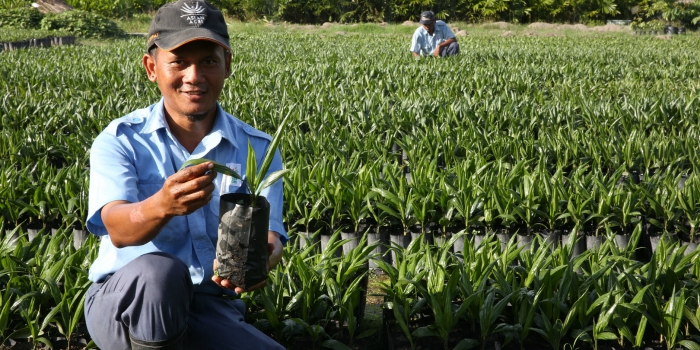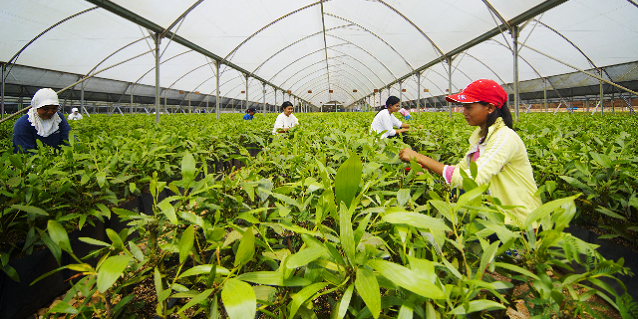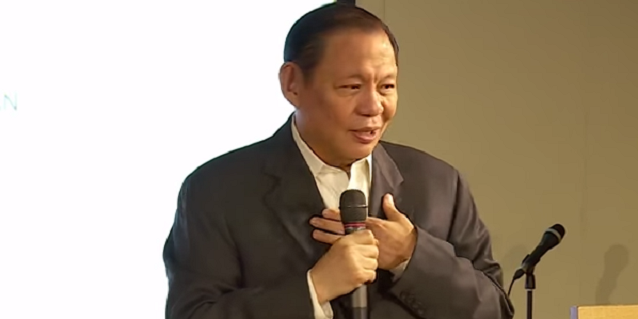This article is an adaptation of “APRIL’s Biodiversity and Restoration Commitments Take Centre Stage at IUCN Geneva”, published in The Jakarta Post. Changes include rewriting some of the passages and adding original materials.
In an important moment for global biodiversity, the International Union for Conservation of Nature (IUCN) Leaders Forum 2023 in Geneva convened stakeholders from businesses, governments and NGOs from around the world last week to discuss the opportunities and challenges relating to Global Biodiversity Framework (GBF), which seeks to halt and reverse biodiversity loss by 2030 and achieve a world living in harmony with nature by 2050.
At the forum’s plenary session, Anderson Tanoto, Managing Director of RGE, joined Grethel Aguilar, Acting Director-General of IUCN; Kirsten Schujit, Director-General of WWF; and Yutaka Matsuzawa, Japan’s Vice-Minister for Global Development. He highlighted progress the RGE Group has made in integrating biodiversity related initiatives into its business model since announcing a $100 million commitment to nature and conservation at COP 2015 in Paris.
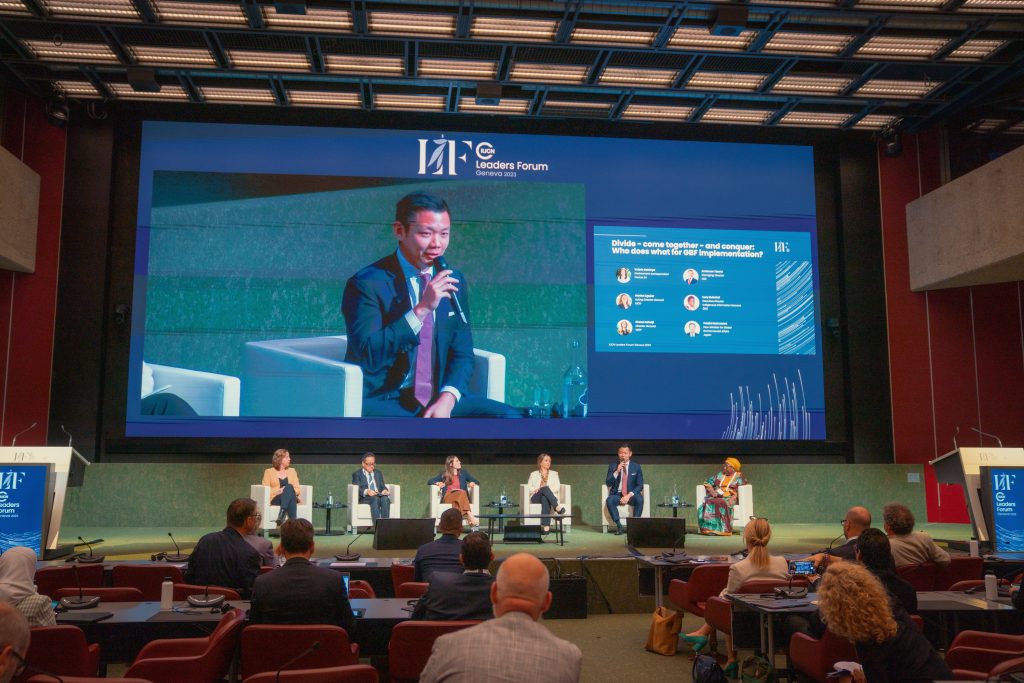
RGE’s Managing Director, Anderson Tanoto speaks at the IUCN Leaders Forum with the theme “Global Goals for Nature: Tracking Progress, Financing Success”
At APRIL in Riau Province, Indonesia, a leading pulp and paper producer, its production-protection approach includes a unique 1-for-1 commitment, ensuring half of the land managed by the company is allocated to nature for forest and biodiversity conservation and restoration. The company is 80% of the way towards fulfilling this commitment, he said.
APRIL’s efforts include the conservation and restoration more than 150,000 hectares of ecologically diverse tropical peat forests under its Restorasi Ekosistem Riau (RER) programme, which, at twice the size of Singapore, is one of the largest private sector forest restoration projects in Southeast Asia.

Anderson Tanoto, Managing Director of RGE, discusses sustainability topics on a panel titled ‘Divide – come together – and conquer: who does what for Global Biodiversity Framework implementation?’ during the IUCN Leaders Forum
“In the last 8 years, we have been able to conserve around 370,000 hectares of land or five times the size of Singapore” within the landscapes managed by APRIL, Anderson said. APRIL has also locked in a funding solution to help finance its conservation and restoration actions for the long term.
“For every tonne of fibre that we produce from our plantations, we are imposing an internal tax of one dollar, which is directed toward the conservation programme and the production-protection model,” Anderson said.
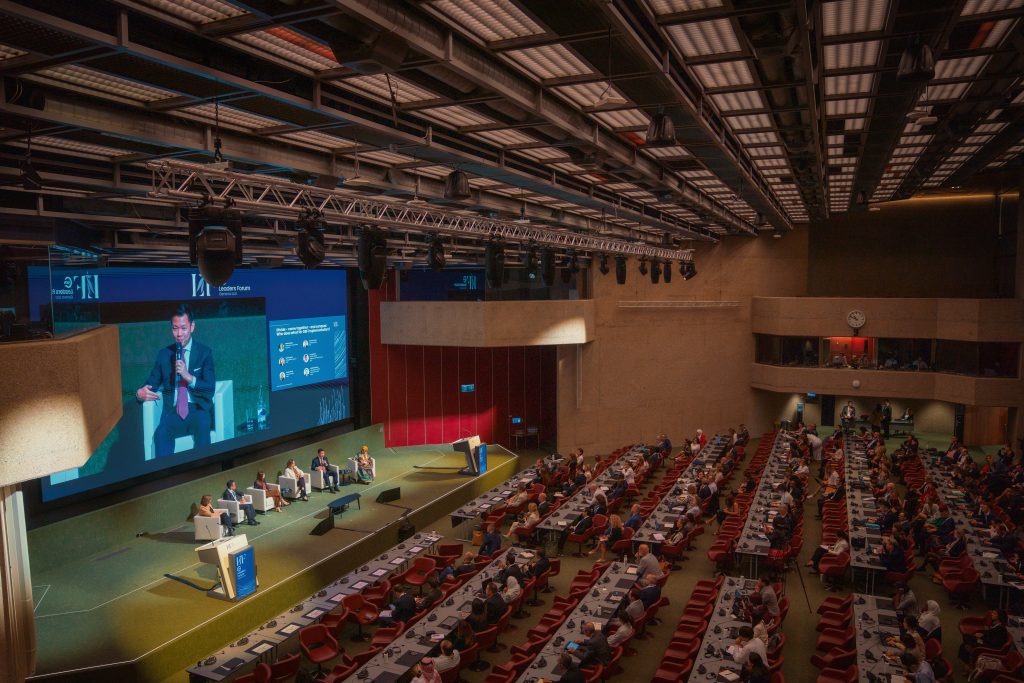
Anderson Tanoto, Managing Director, RGE, joins other global leaders at the recent IUCN Leaders Forum in Geneva
Such initiatives align with APRIL2030, the company’s vision for meeting the climate challenges of the next decade. Biodiversity targets under APRIL2030 include zero net loss of conservation areas, protecting wildlife, effectively conserving 50% of APRIL-managed areas, and a 50 percent increase in productivity from the same landbank through sustainable intensification.
According to Anderson, the private sector has the means to be a driving force of sustainability and biodiversity initiatives and in closing remarks at the plenary, he encouraged others in the private sector to integrate biodiversity protection into their sustainable practices and supply chain.







